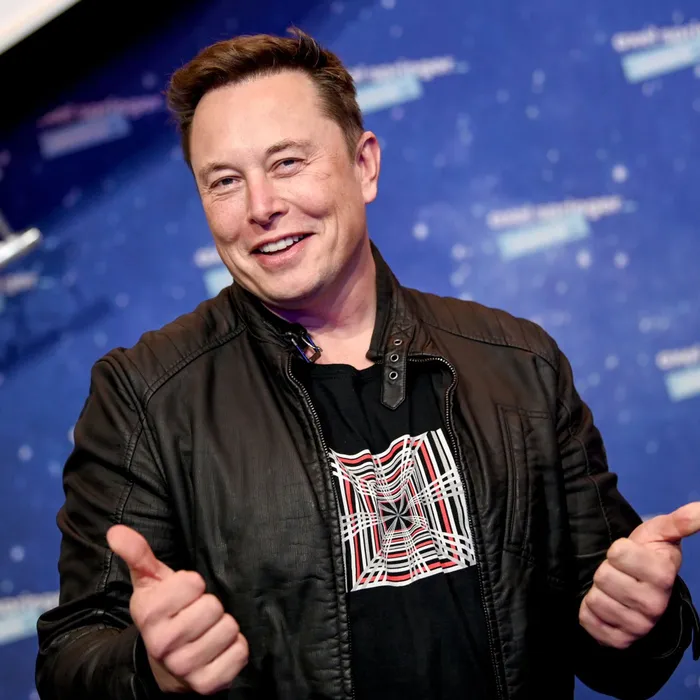Musk’s SpaceX seeks exception to South Africa’s black ownership rules

Elon Musk’s SpaceX urged South Africa to consider an alternative to Black ownership rules for telecom companies that want to operate in Africa’s largest economy.
Image: File
Elon Musk’s SpaceX urged South Africa to consider an alternative to Black ownership rules for telecom companies that want to operate in Africa’s largest economy.
SpaceX asked the authorities to allow it to operate using an equity-equivalent program as an alternative to the existing requirement that Black people have 30% ownership of businesses operating in the ICT sector, the company said in a letter to the government seen by Bloomberg. It wants such programs to be a standard for the industry, according to the submission.
“Equity equivalent investment programs will provide much-needed regulatory certainty and foster investment in infrastructure,” SpaceX said. “Uniform empowerment regulation will motivate both current and prospective operators to expand their business activities and network reach.”
South Africa’s Department of Communications and Digital Technologies has asked the industry regulator to provide an alternative that would allow telecom companies to invest in projects such as infrastructure, local businesses, digital inclusion initiatives or research. This type of exemption is already standard for a number of industries.
The proposal is similar to a deal offered to carmakers in 2019. Car manufacturers - including BMW AG, Ford Motor Co. and Toyota Motor Corp. - established a fund that would bring disenfranchised groups into the sector.
Starlink has pledged to give 5 000 rural schools free service and provide 2.4 million students high-speed Internet at no cost as an alternative to Black ownership.
“Starlink is not seeking any type of special treatment, as these changes would apply to all current and future potential operators,” it said on the Starlink South Africa website.
The Department of Communications and Digital Technologies and SpaceX didn’t immediately respond to requests for comment. News24, a Cape Town-based news website, reported on the letter earlier.
South Africa introduced Black economic empowerment rules after the end of apartheid, an era in which Black people were subjugated and excluded from the formal economy by the ruling White minority. Musk - who was born in Pretoria, South Africa’s capital - has persistently criticized the laws, calling them “openly racist.”
Starlink’s technology, which relies on a constellation of low-Earth orbit satellites, would be a potential game-changer for South African users who’ve historically faced expensive or unreliable Internet options. Only 1.7% of rural households have access to the Internet, according to a 2023 survey compiled by the nation’s statistics agency.
South Africa’s National Development Plan is targeting easy access to affordable broadband for 100% of the population by 2030.
BLOOMBERG